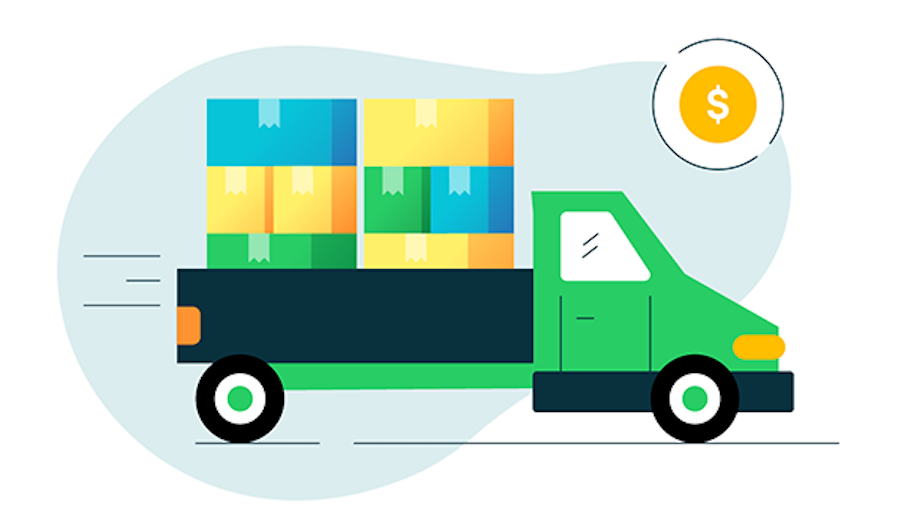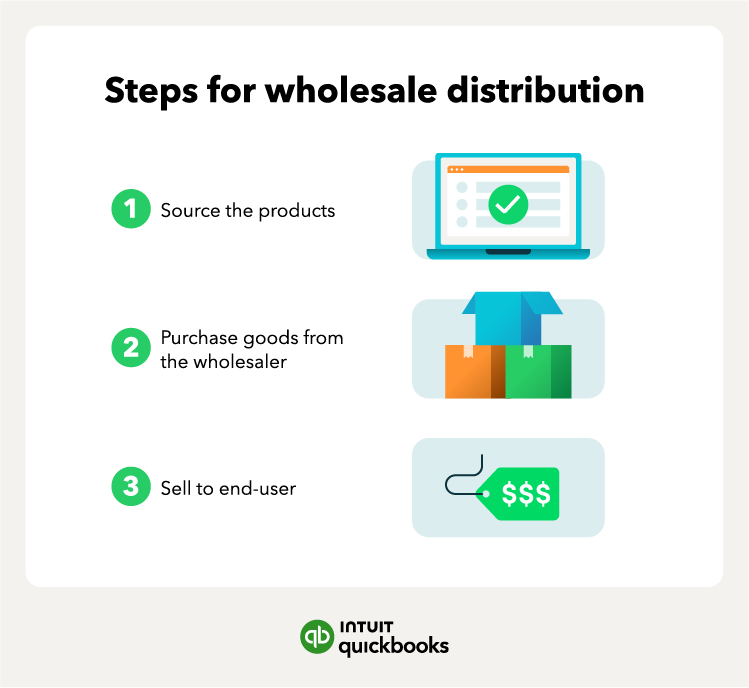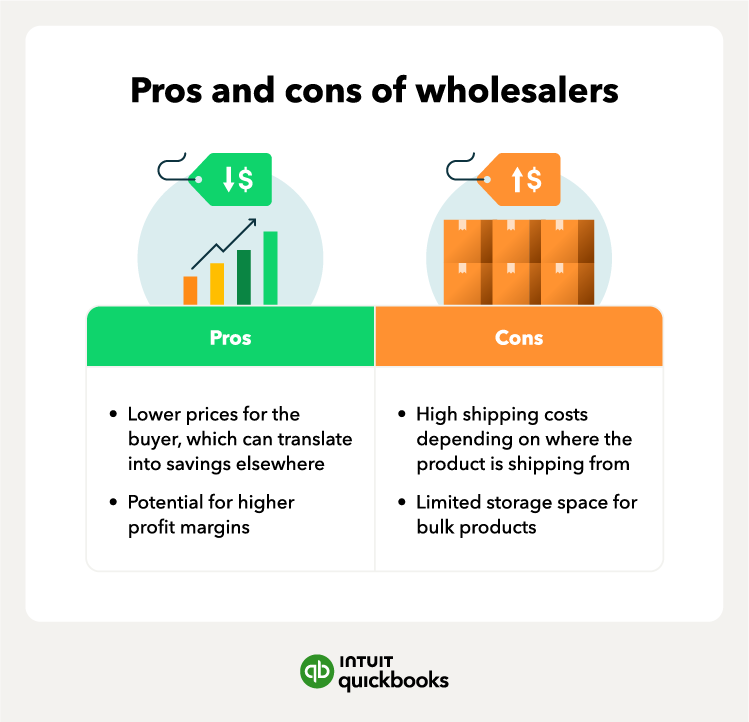Working with wholesalers certainly has its benefits, like lower prices and higher profit margins, but can also yield some unsavory disadvantages, like shipping costs and storage problems.
Benefits
Since wholesalers usually sell in bulk and require a minimum order quantity to order through them, it’s common to see a lower price tag on the initial purchase of goods through a wholesaler. This translates into:
- Lower prices for the buyer (you): The lower the price the better, since it translates into savings that can be put elsewhere, like packaging or shipping fees.
- Higher profit margins: With lower prices also comes the potential for higher profit margins, since you are likely setting the resale price higher in order to earn a profit.
- Less work: You save time and effort since you don't have to create a formal arrangement with the manufacturer.
Disadvantages
Many wholesalers operate overseas, which can pose several problems, including:
- Shipping costs: You may see a sharp increase in shipping costs due to the high volume of products being shipped. If your products are too costly to ship, you could be harming your overall profit margins.
- Storage issues: When ordering a large quantity of products, especially if it includes bulky items like large boxes, you may run out of storage depending on the size and space available in your business.
- Time to receive your goods: Due to the fluctuation of shipping times from overseas wholesalers, you may be looking at weeks of delay in your shipment.













